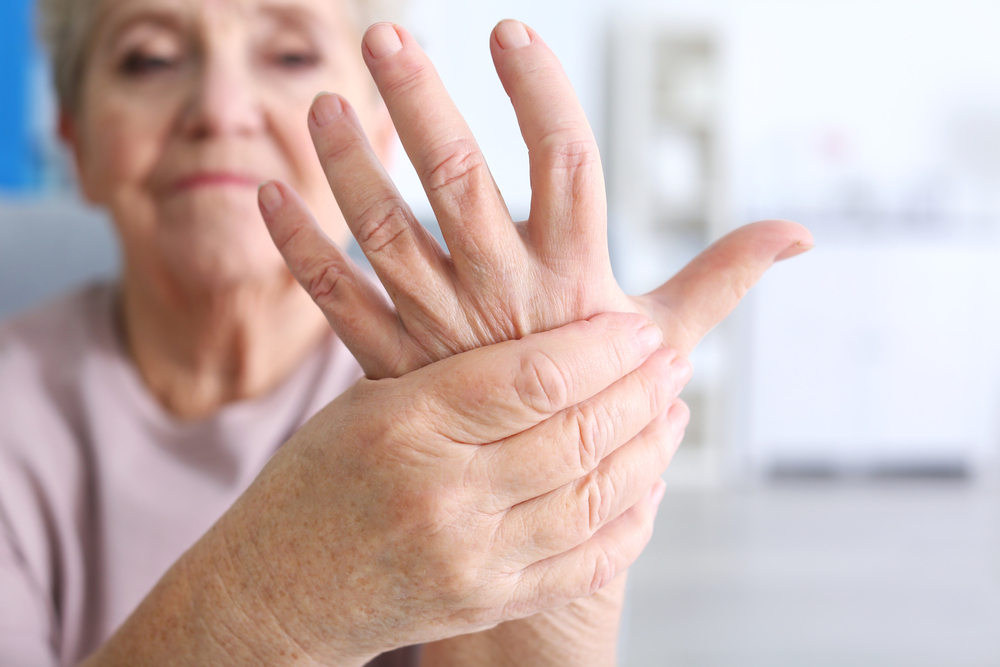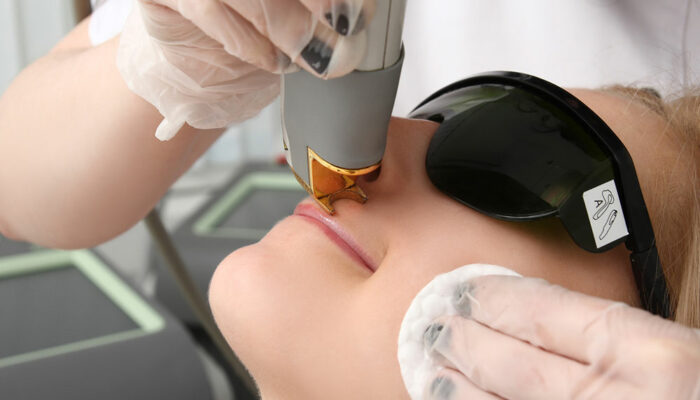
5 Early Signs of Parkinson’s Disease
More than 1 million Americans are living with Parkinson’s disease. This disease progressively affects movement through deterioration of a patient’s nervous system. Oftentimes, early symptoms are subtle and go unnoticed. Decreasing amounts of dopamine producing neurons significantly changes mobility in those dealing with this disease.
Individuals with lower than normal dopamine levels experience irregular cognitive activity and impaired movement. Although the cause of Parkinson’s disease is unknown, being conscious of early warning signs can help gauge the progression:
1. Tremors
A resting tremor is one of the earliest symptoms of Parkinson’s disease. These physical symptoms generally happen when the body part is at a rest; and decrease when the body part is being used. Hands are a common place to notice resting trembling. However, other body parts known to tremble include legs and lips. Activities that involve focused motor skills can be significantly influenced by tremors.
2. Rigid muscles and stiffness
Although this is not a main warning sign during the onset of Parkinson’s disease, some patients experience increased tightness in certain body parts. This can influence muscle pain and joint atrophy. Muscle stiffness can also play a factor in sleep quality. Not being able to properly move as needed while in bed can have an undesirable effect on one’s sleeping patterns. When addressing early symptoms of PD, this is one of the factors that physicians take into consideration.
3. Slower movement and decreased mobility
Those dealing with Parkinson’s experience a loss of automatic body movements. When the disease progresses, regular movements such as walking and maintaining balance become difficult. This is because PD is a sensory/movement disorder. As a result, PD patients have issues regulating normal movements such as standing, turning around and coordinating different movements together. Depending on the individual’s stage, their movements may become very slow or halt all together.
4. Decreased facial expression
Muscle stiffness and the deficit of dopamine also contributes to changes in a person’s facial expressions. This is because the muscles take longer to move due to neuron damage. With facial expressions being a key in human communication, this can make it difficult to convey your mood. One may even appear upset when they are actually happy. Being alert for changes in your body movements and facial expressions can have a positive impact on your health.
5. Arms don’t swing when walking
Irregular swinging off arm(s) is another early sign of Parkinson’s. This is one of the earliest symptoms of the sensory disorder. As one of the earliest signs, seeking medical advice when suspected can significantly decrease the rate of diminishing brain cells. A recent report states that most Parkinson’s disease patients have already lost more than half of their dopamine neurons by the time they are diagnosed.
Parkinson’s disease currently affects more than 10 million people worldwide. Whether the cause of a disease is known or not, being conscious of early warning signs can help a person seek appropriate medical attention.



